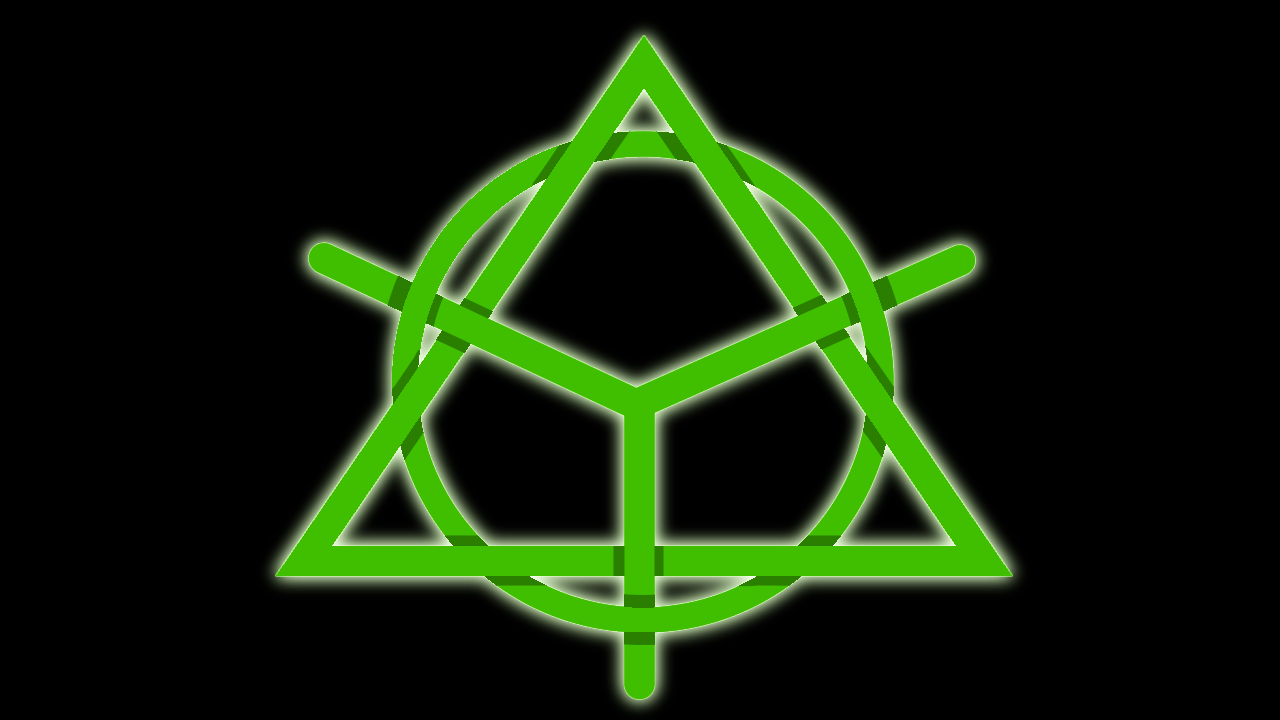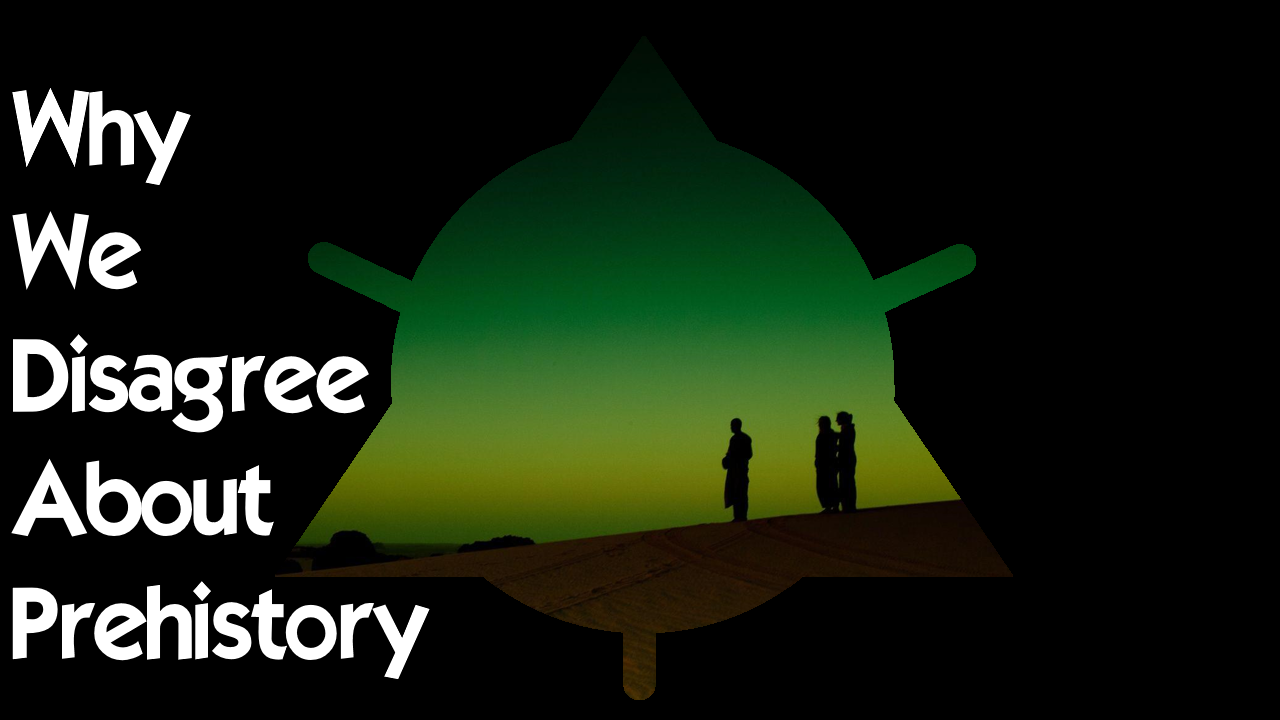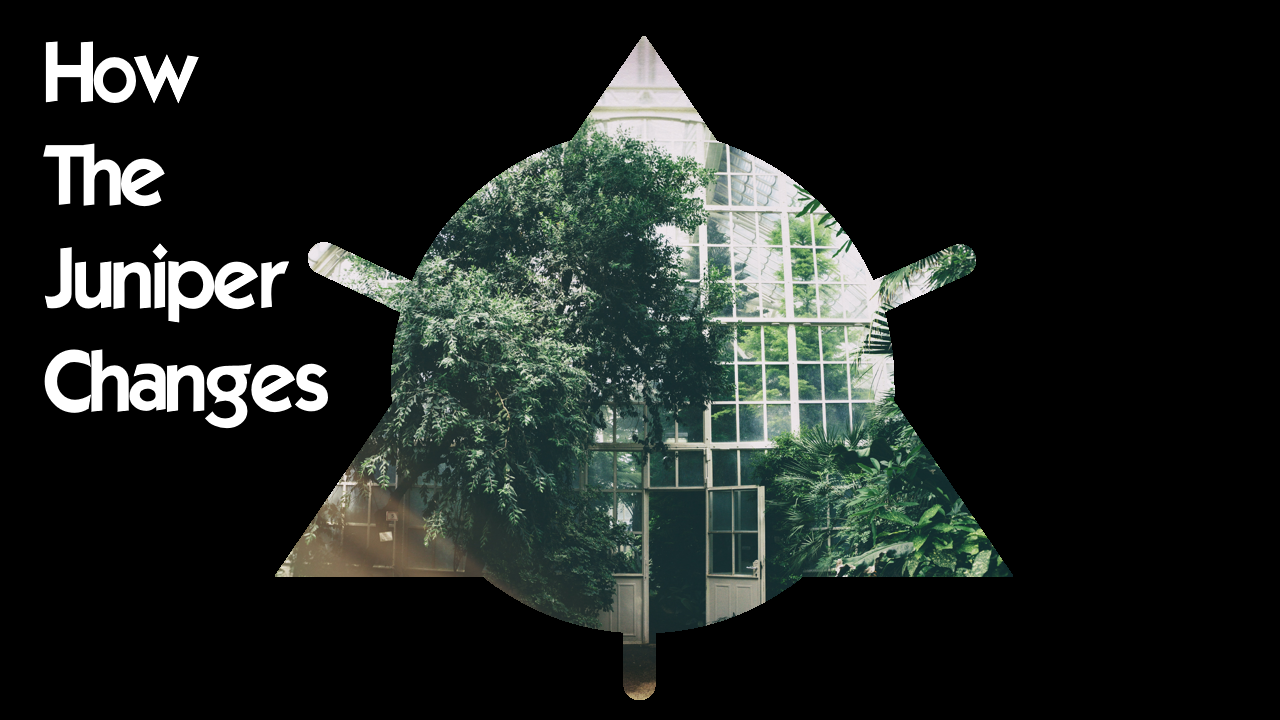[Sci-Fi Tragedies Can Make You Happier] [Sci-Fi] [Melancholy] [Article] [Fun-Sized-Friday]
I am going to make the argument that sad and miserable science fiction stories have miserable endings so that we can have more happiness in our lives. It would be a lie if I did not fulfill that promise, and to start, it’s important to know that horror set in the future has a weird quirk attached to it.
Stories with action adventure, exploring foreign lands, and finding golden treasure, is one of those things that most of us will never experience. You can go to the zoo to see all sorts of creatures, but dragons, thunder rocs, elves, and fairies, are all creatures that exist in spoken myths or written stories. What is futuristic, technological horror, and or tragedies? A genre that could become real. We might not have to run away from killer forest trolls, but we do have to be worried about online trolls spewing lies, stealing our digital identity, and far more. We might never get a chance to explore the African savannah, but we certainly can explore the vast reaches of cyberspace. Everyone with an internet connection is a few clicks away from witnessing society’s worst. The dark web hosts all sorts of illegal activities, and witnessing them is quite a tragedy.
When reading books like the original FRANKENSTEIN by shelly, I HAVE NO MOUTH AND I MUST SCREAM, by Ellison, I AM LEGEND by Matheson, THE BODY SNATCHERS by Finney, or even Orwell’s 1984, the reader is left uncomfortable, disturbed, and scared. Part of what makes these books unpleasant to read is that unlike an action novel, or a fantastical book, they could come true in the future. You are not just a creature of here and now. Every time you go to sleep, every time the clock ticks, we get one step closer to the nightmare depicted in these works.
Frankenstein is all about people pushing scientific discovery too far, playing god beyond the point of saving, and suffering horrifically due to hubris. In the mouthless screaming book, AI has enough power to imprison and torture humans in their worst fears. In the legend book, humanity is all but erased to the point where the new species regards humans as their boogeymen. The snatching body book goes into how not only life beyond the stars exist but also how it replaces people to the point that many don’t realize that the invasion is happening. The scary ‘84 displays a man broken in many ways by an oppressive government.
This work is being written after Covid-19, when people played god with vaccines, and governments, quote on quote, for everyone’s safety increased their governing powers and simultaneously reduced human freedom. It’s not hard to find skin or spiritual minorities that feel like they are on the edge of their culture and people. Anyone scrolling social media and wondering where the last 10 minutes, or hour, or even the entire day went has been captured by algorithms and artificial intelligence. One of the reasons why science fiction, science fantasy, horror, and tragedy sting so much is because they can easily become real. It can become our future, the book becoming a window to our future torment.
Now, you, my intelligent reader, viewer, and fellow cultivator of greatness, might be wondering, “Ok, lots of scary sci-fi have terrible endings, so how could that make anyone happier?” I would make the argument that the lynchpin is Aesop.
Aesop is a writer that is credited with collecting and writing down many different fables. Now defining fables is tricky, but generally, they are short stories, often with talking animals, that help instill moral or universal truths in the listeners. Many fables, like those collected from the brother’s grimm, often have dark endings. One of my favorite fables is the ant and the cricket. The cricket pulls out his violin and fiddles way the days, while the ant busily stores up grain in the spring and summer for the winter. Fall comes, and the first frost is upon the bugs. In some versions of the story, the ant lets the cricket into the mound, letting him fiddle away for food. In most versions, the cricket freezes to death while the ant eats away, enjoying his hard work. Most versions have a cricket tragedy because the point of a fable is not the ant or the cricket. Its the listener. When you hear the tale, the idea is that you don’t want to be the cricket, and consequently, while work is unpleasant, it’s better than freezing to death. In the brother Grimm fables, people fail to be good and moral and suffer the consequences. The bridge between fable and Sci-Fi melancholy is Isaac.
Isaac Asimov is the inventor of the three laws of robotics, foundational to many sci-fi stories today. He wrote many short stories exploring how these rules worked and what happened if they were twisted or broken. In exploring how things go wrong, it becomes a cautionary tale. A fable. Don’t let robots kill humans otherwise, horrible things will happen. In many of the best, historically well-known works, these depictions of dark futures are not meant for the work’s main character. It’s meant for you.
Frankenstein reminds you of the value of humility when exploring new things and knowing when to stop. I have no mouth is a future that can only happen if you chose to let your tools live your life instead of using them to help you. I am legend is a reminder not to deny your current place in the world and make the most of it. Back in the day, body snatchers were a warning against communism snatching away your fellow Americans. As covid-19 captures our neighbors in quarantine, its message of staying in touch and choosing to live a meaningful life with them still rings true. There will always be people drawn to the government to have power over others, and these people will always want to expand their influence and avoid the consequences of their actions. Even in a state of oppression, the main character had a choice, had choices. He could have made different choices and had a different life.
We don’t have to make the characters’ mistakes in these books. We are meant to empathize with these people so that we scrutinize their choices and avoid sharing their tragedies. By letting these works act as fables, we learn the moral lessons of our future. As we make fewer and smaller mistakes, the natural result is less misery, pain, and emptiness. I dare say a natural consequence of such actions is … to live a happier life.




Incredibly perceptive—one of your absolute very best articles yet!!! One of the things I love most about reading your works are your perspectives and insights. I would not be able to come up with them on the level of your presentation, on my own. How wonderful that you share such valuable thoughts with your readers! Thank you for your hard work!